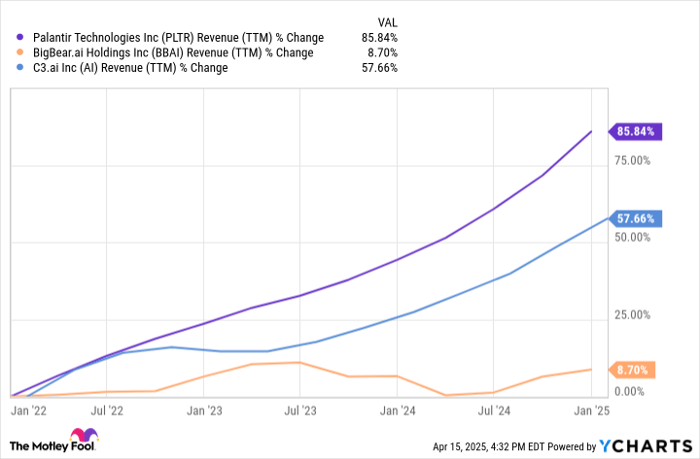Unlocking the Future: Advanced Coal Solutions for a Sustainable Energy Transition
High-efficiency low emissions (HELE) coal plants and carbon capture and storage (CCS) technologies could reduce emissions by up to 1,412 million tonnes of CO2 annually — equivalent to removing 310-560 million SUVs from global roads, the report found.
A Massive Economic Boost from Ultra-Supercritical Plants
FutureCoal indicates that replacing existing coal plants with ultra-supercritical plants — which utilize pulverized coal combustion technology — could inject over $1.5 trillion into the global economy. Conversely, switching to alternative energy sources could incur an additional cost of $2.7 trillion due to lower output levels.

The Persistent Role of Coal in Key Industries
Coal plays a crucial role in various industries, contributing to 70% of steel production, 90% of cement, and 60% of aluminum. Additionally, coal is pivotal for producing cost-effective hydrogen and essential minerals such as copper, cobalt, and nickel, which are necessary for renewable energy and battery storage,” the authors of the report emphasize.
“Despite the global trend towards decarbonized energy systems, coal accounts for 36% of worldwide electricity production. Its ability to provide a resilient and reliable energy source has been evident in regions like Europe and North America,” they add.
The Complexities of Transitioning from Coal
The report underscores that all coal types — from thermal hard coal to lignite and metallurgical coal — are valuable in addressing global demands for affordable steel, cement, and more, including applications in agriculture and critical minerals markets. Phasing out coal could lead to significant socio-economic challenges, as FutureCoal warns.
Each nation’s developmental stage dictates its unique energy needs, suggesting that a more measured transition away from fossil fuels is essential.
Rethinking Coal’s Future
This report invites a reevaluation of the rush to eliminate coal in favor of renewables. The authors argue that advanced coal technologies could serve as integral components of achieving net-zero emissions, provided they are used alongside responsible energy policies and investments.
Advanced coal technologies have diverse capabilities that range from power generation to non-energy uses. They emphasize emissions reduction and aim to create a circular economy within the coal industry.

Advanced Technologies: A Pathway to Clean Coal
According to the authors, advanced coal technologies represent a practical solution that can produce clean and efficient electricity while capturing emissions to create useful by-products. As innovation and investment in this sector grow, the case for coal becomes increasingly compelling.
“This report challenges outdated perceptions about coal, reminding us of its versatility and importance for modern life, industrial growth, and economic development,” said Paul Baruya, FutureCoal’s director of strategy and sustainability. “Investing in advanced coal technologies can secure economic viability worldwide.”
Coal’s Impact on Communities
The report also highlights coal’s positive contributions to communities worldwide, such as job creation and essential resources that support food security and infrastructure. It advocates for enhanced collaboration across the coal value chain to leverage opportunities through innovation and technological advancements.
“In the past year, FutureCoal’s Sustainable Coal Stewardship roadmap has been pivotal in reshaping stakeholder perspectives on coal,” Baruya noted. “This report builds upon those efforts, illustrating that a united global value chain can foster a sustainable and responsible future for coal.”
Read the full report here.


